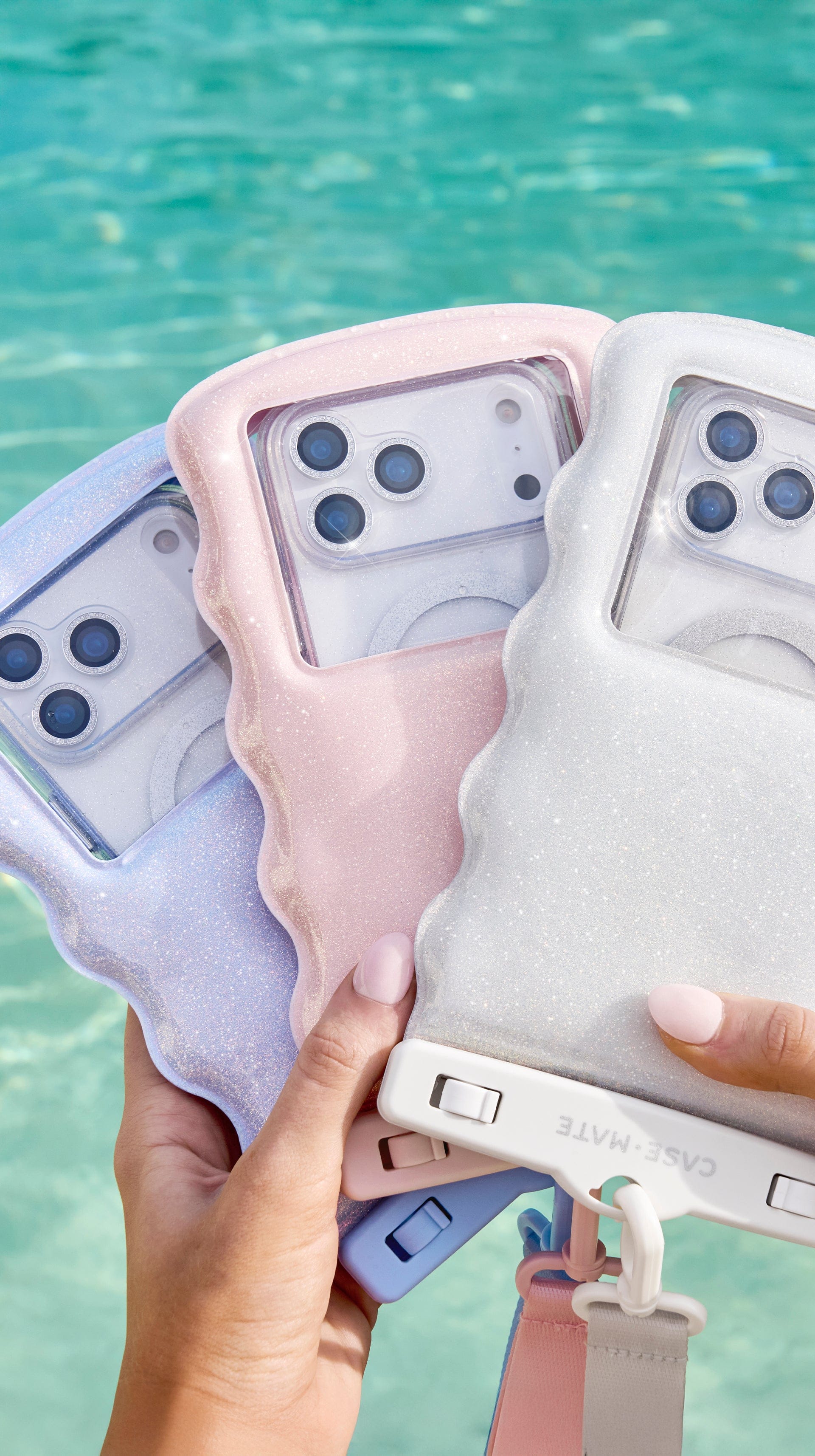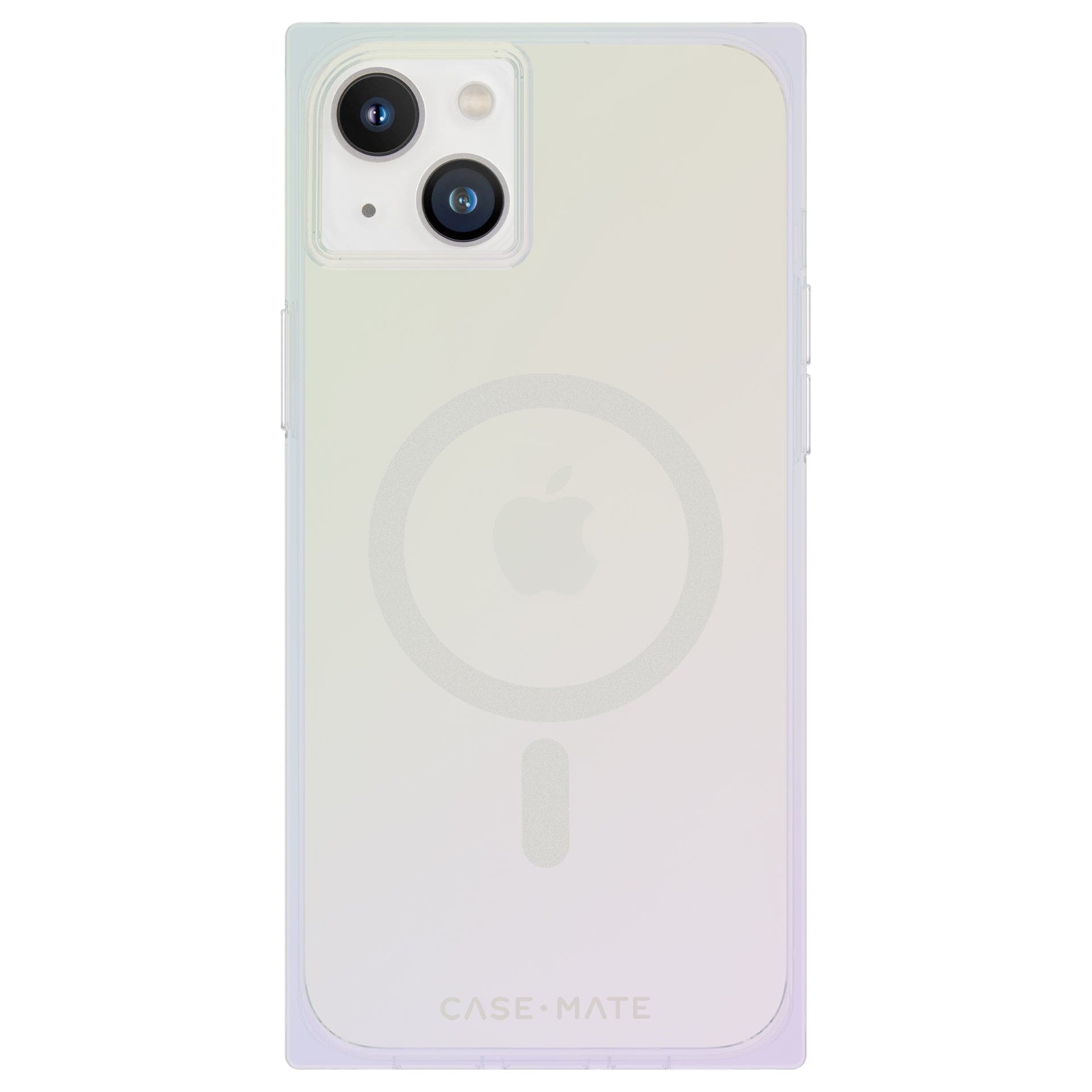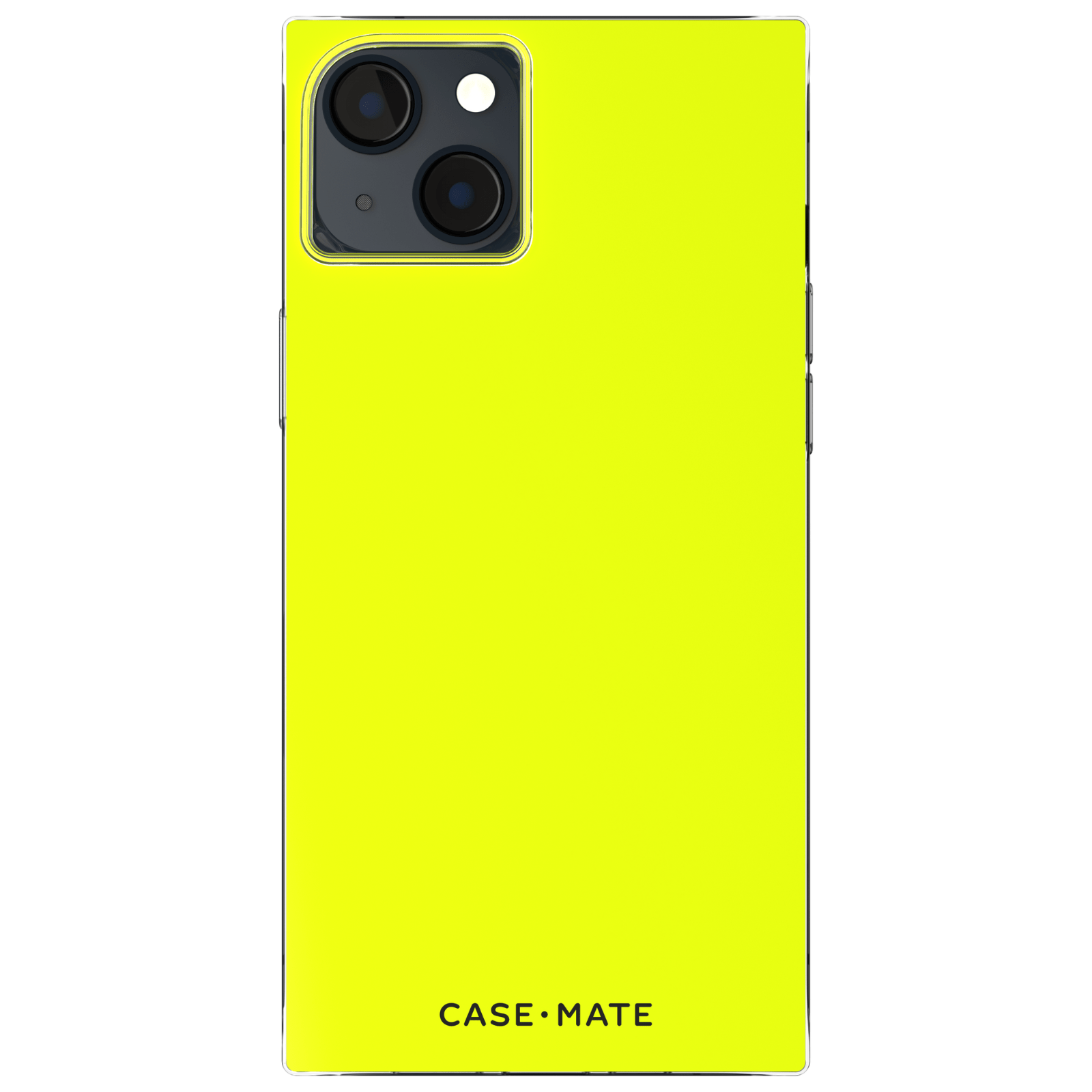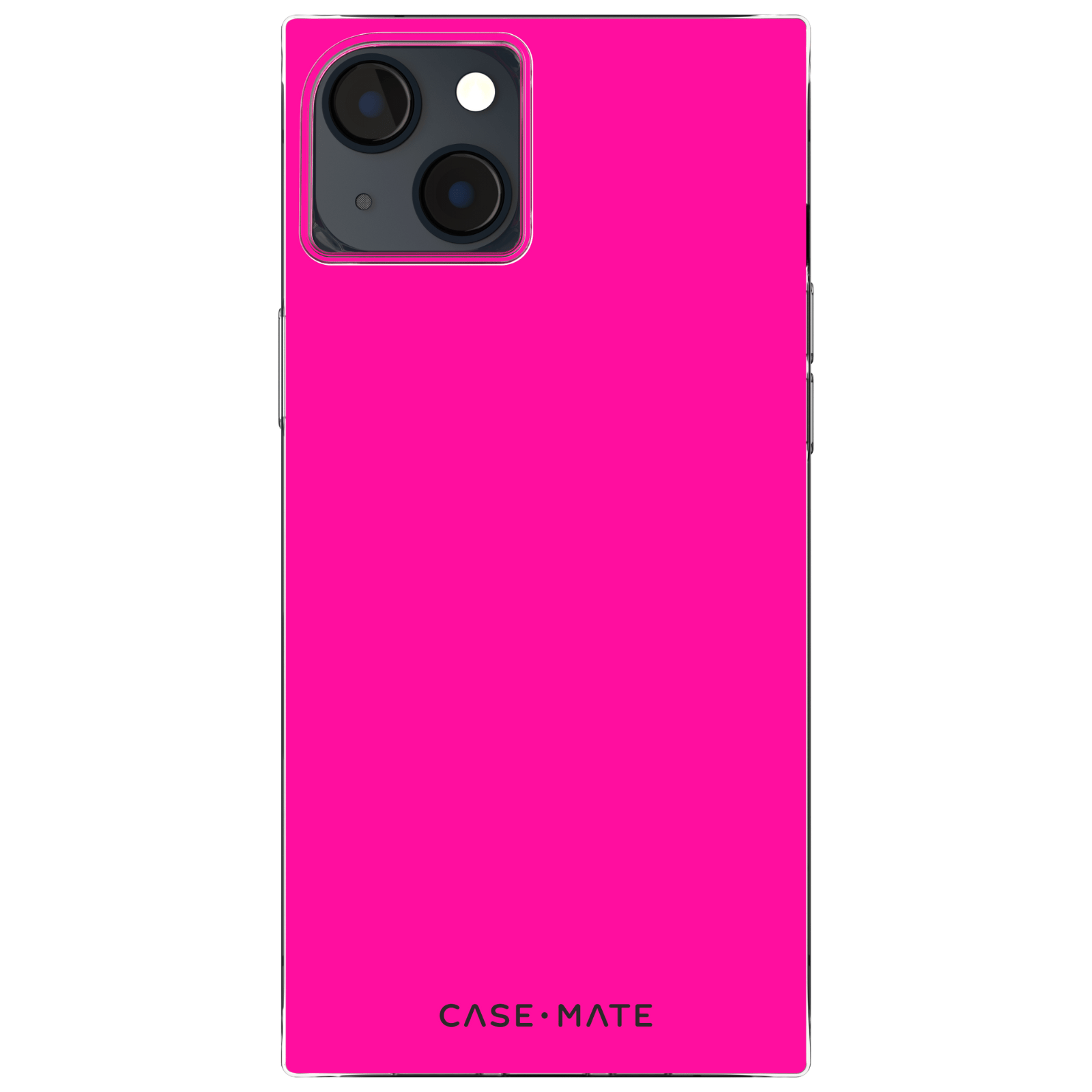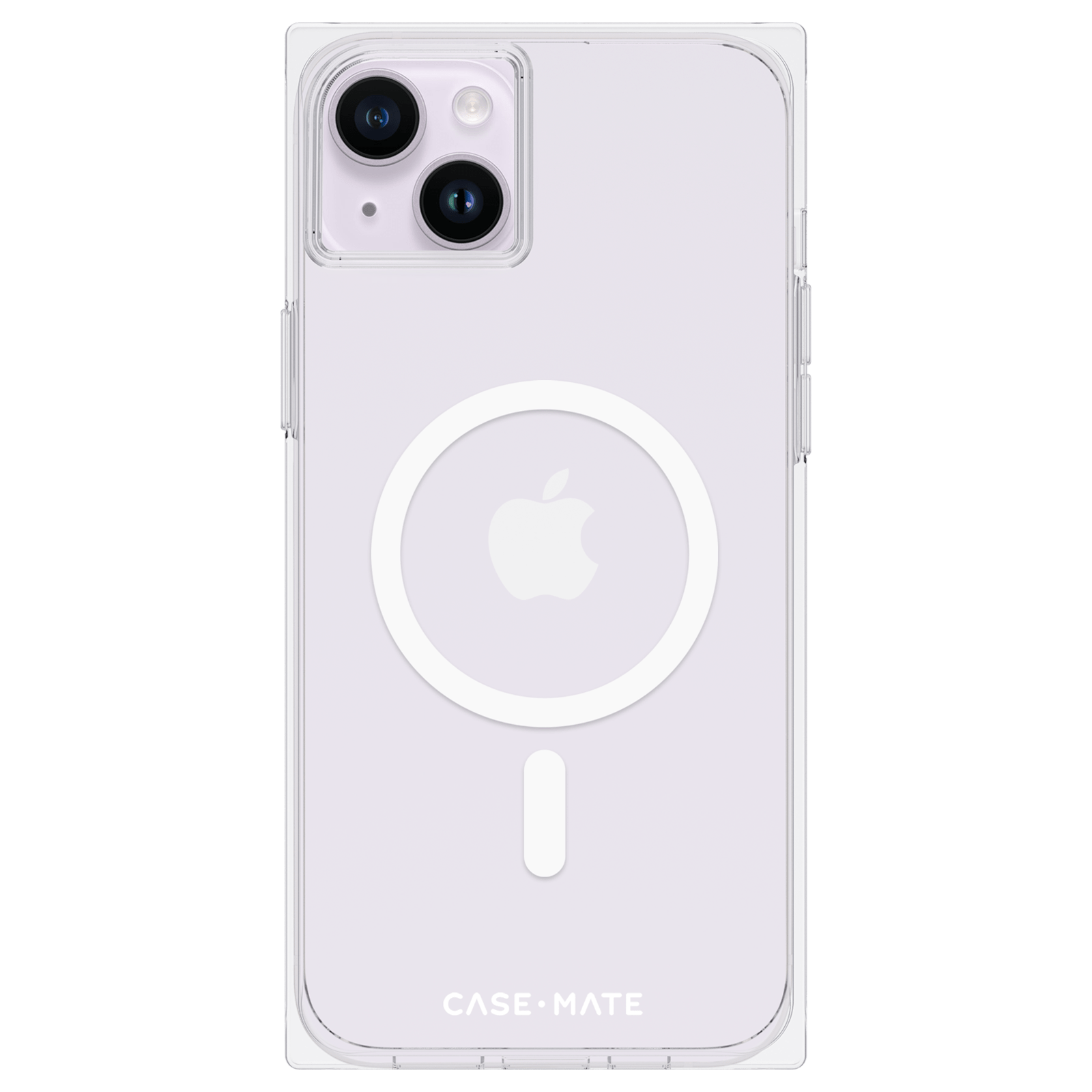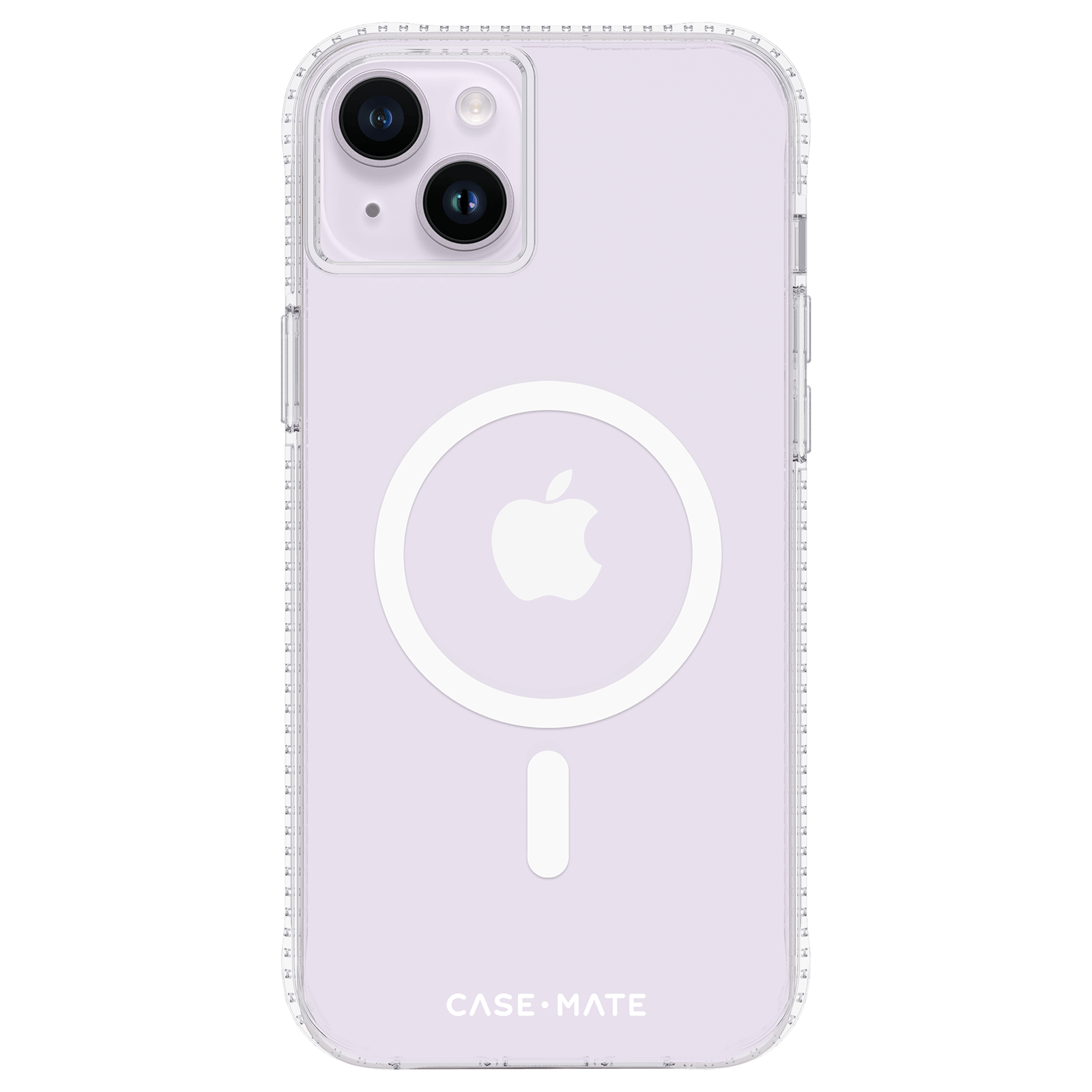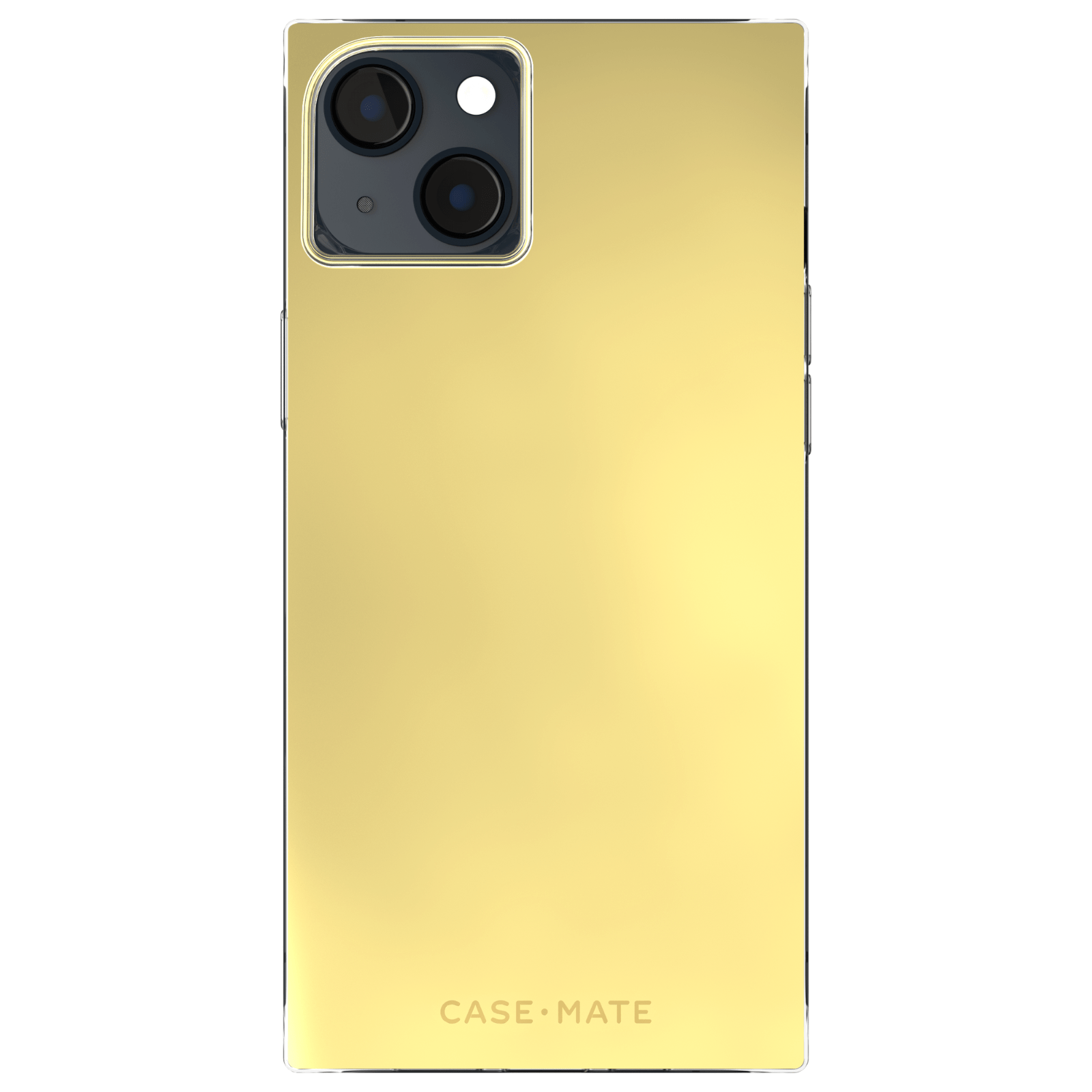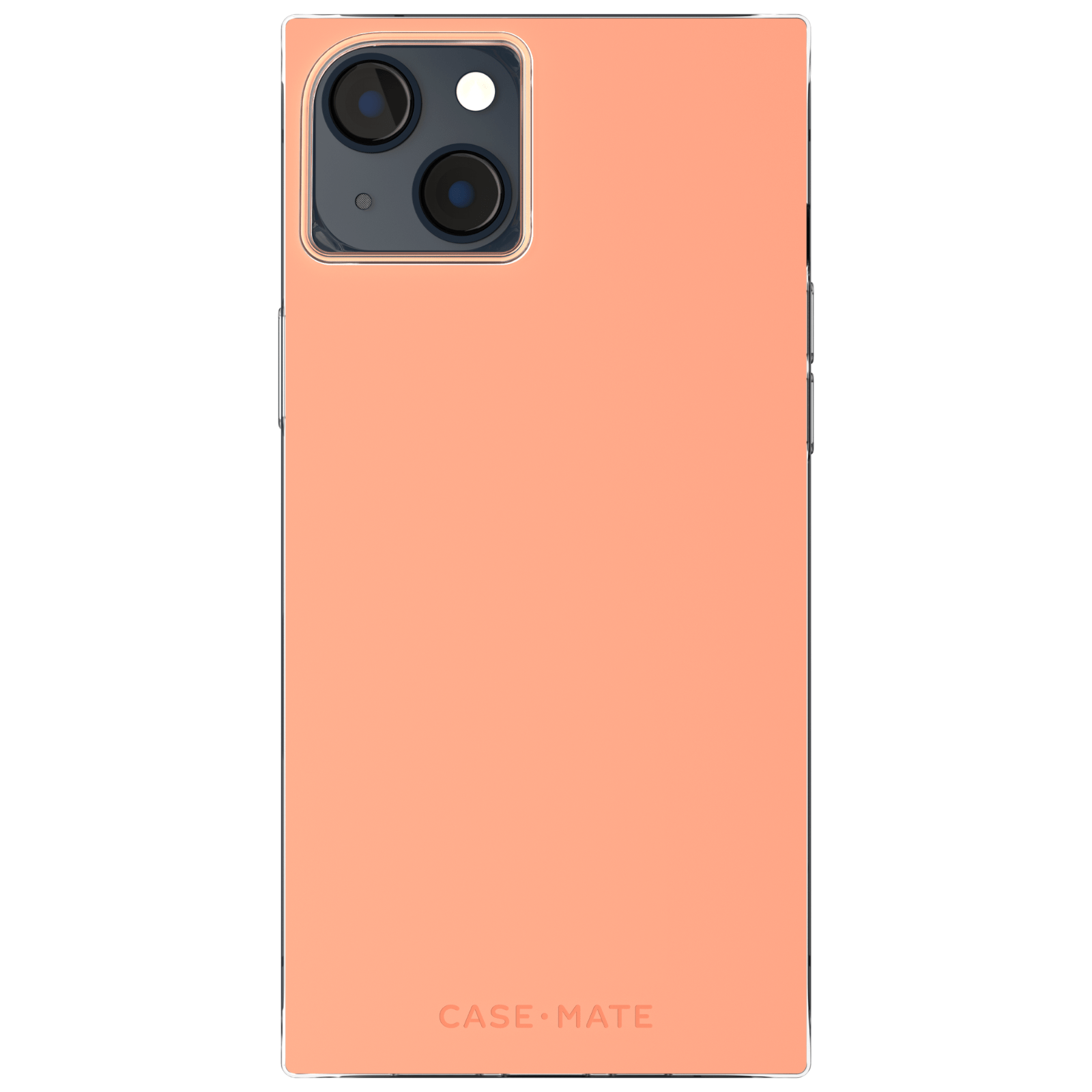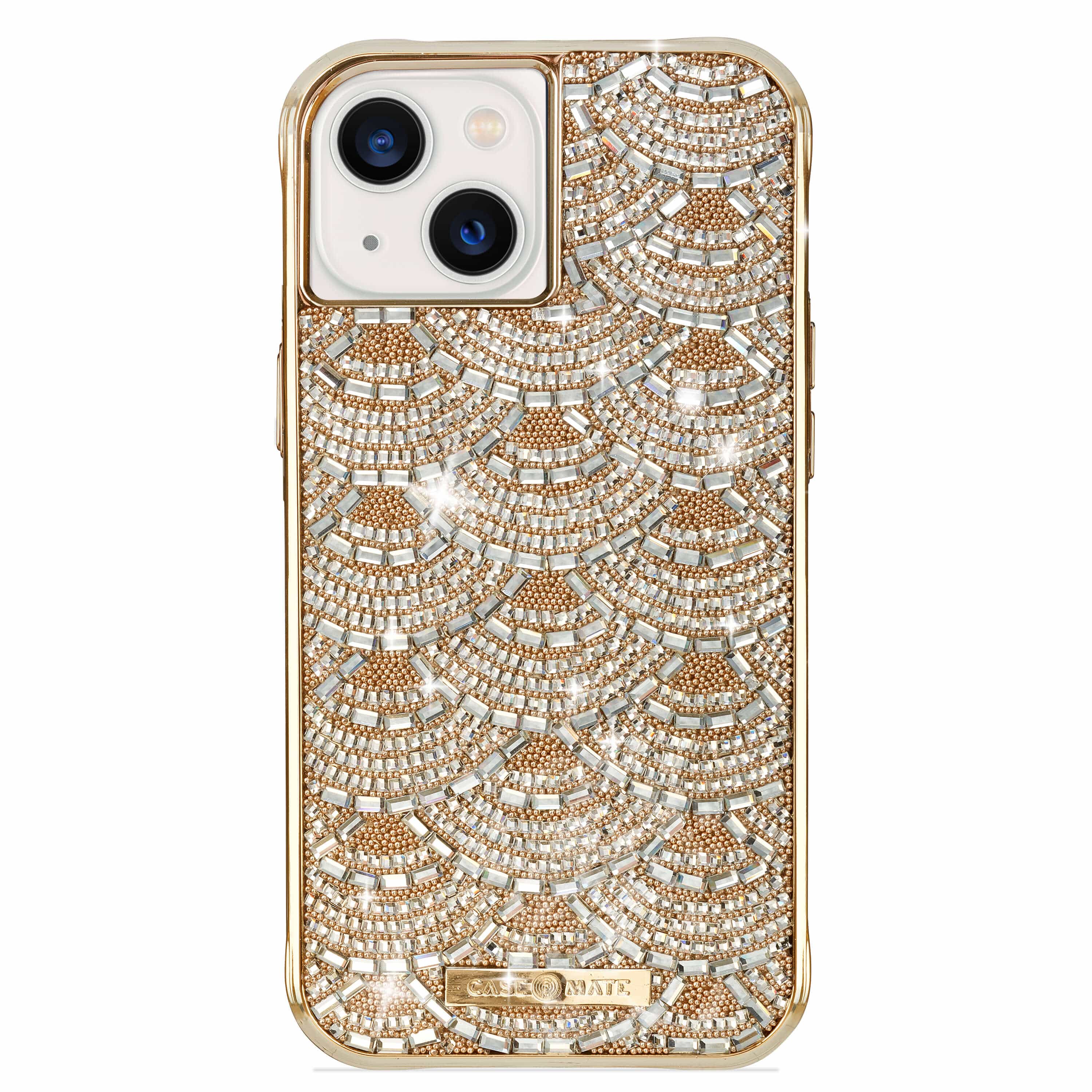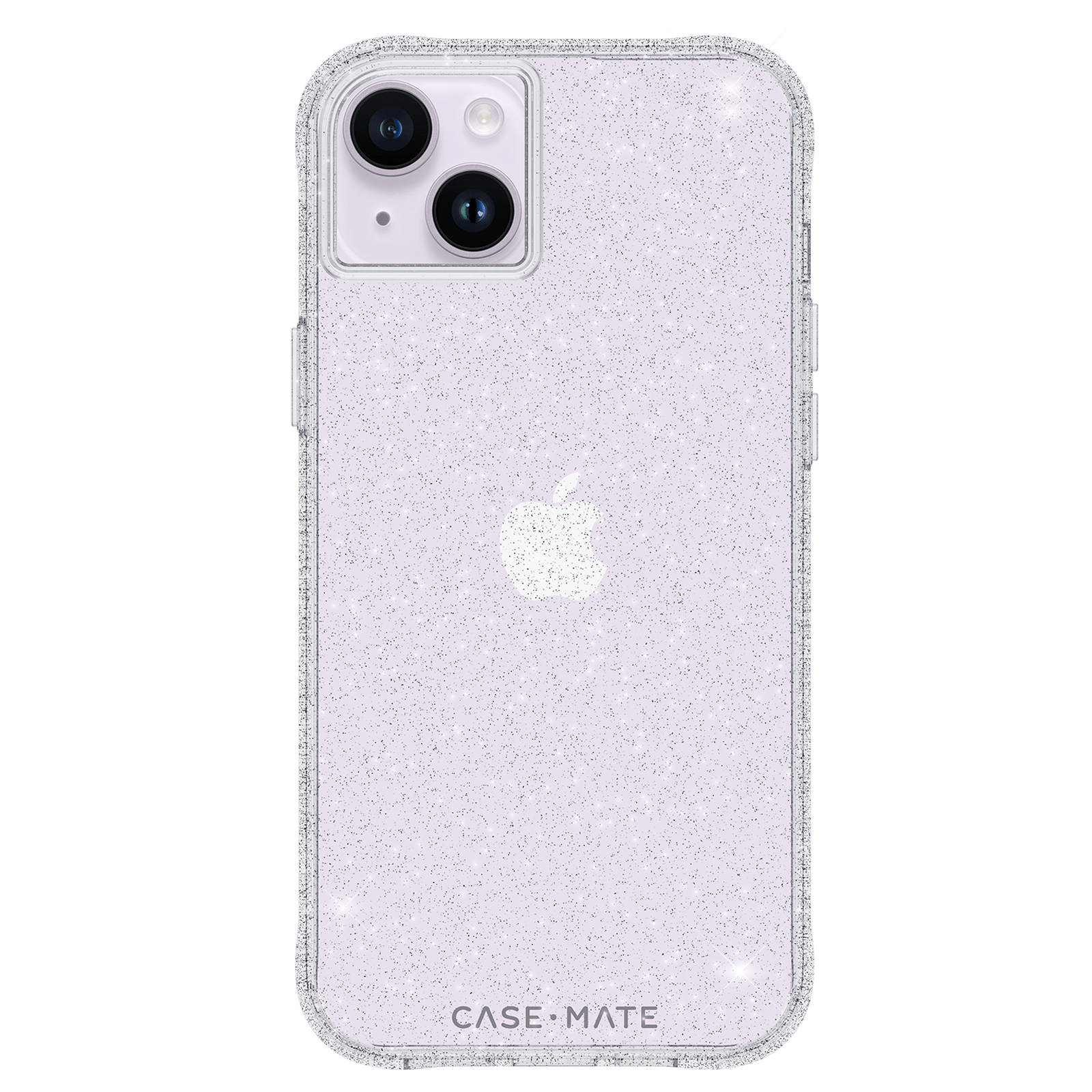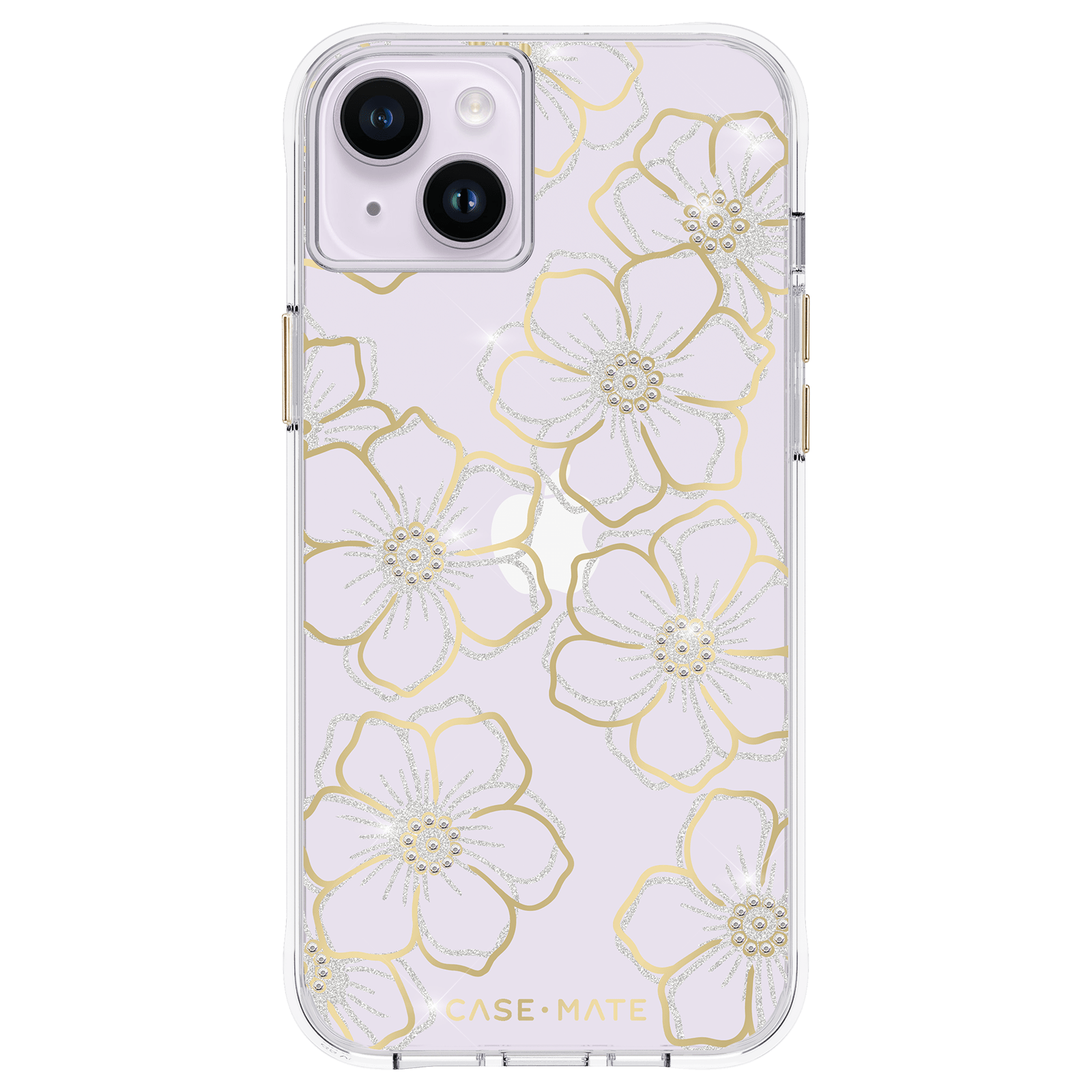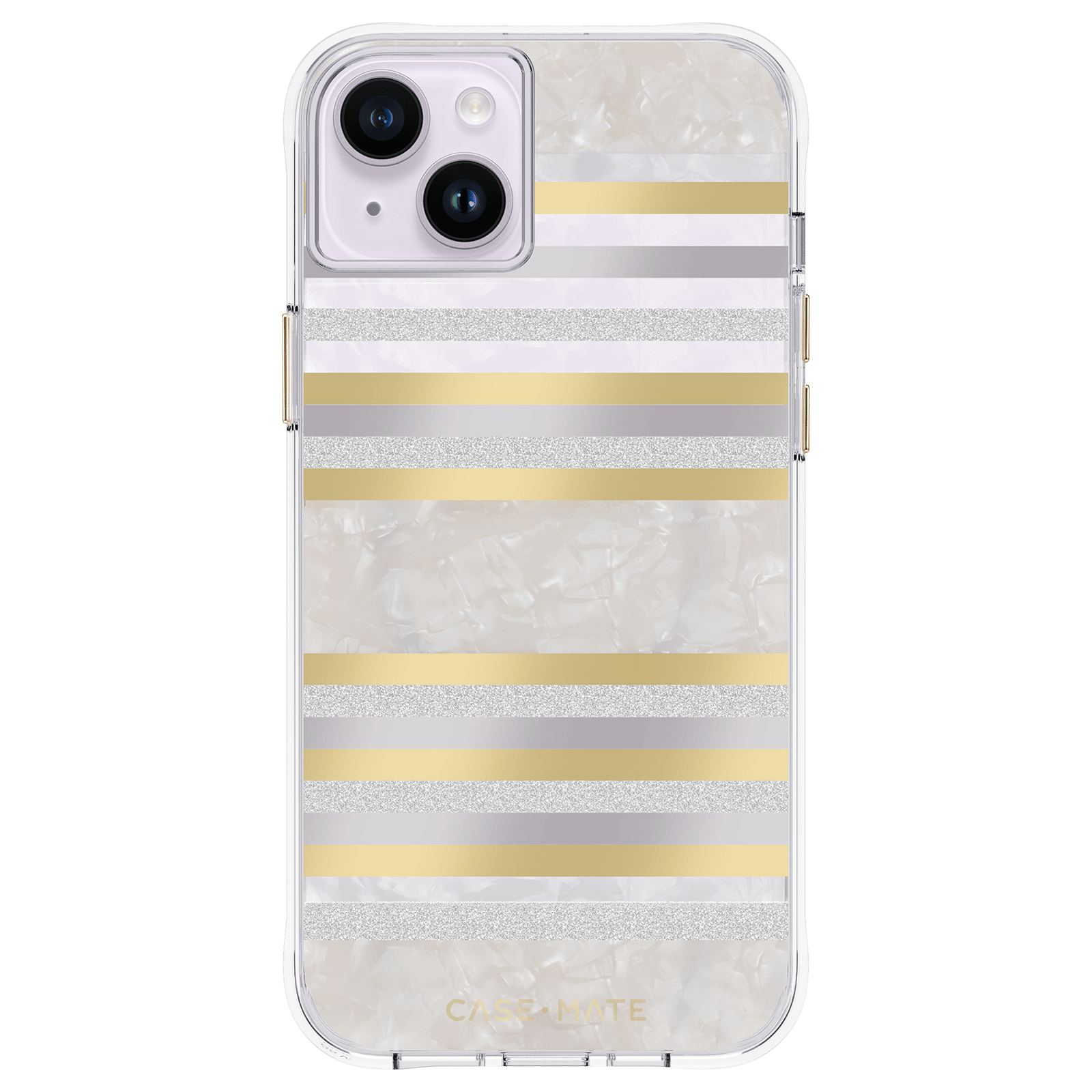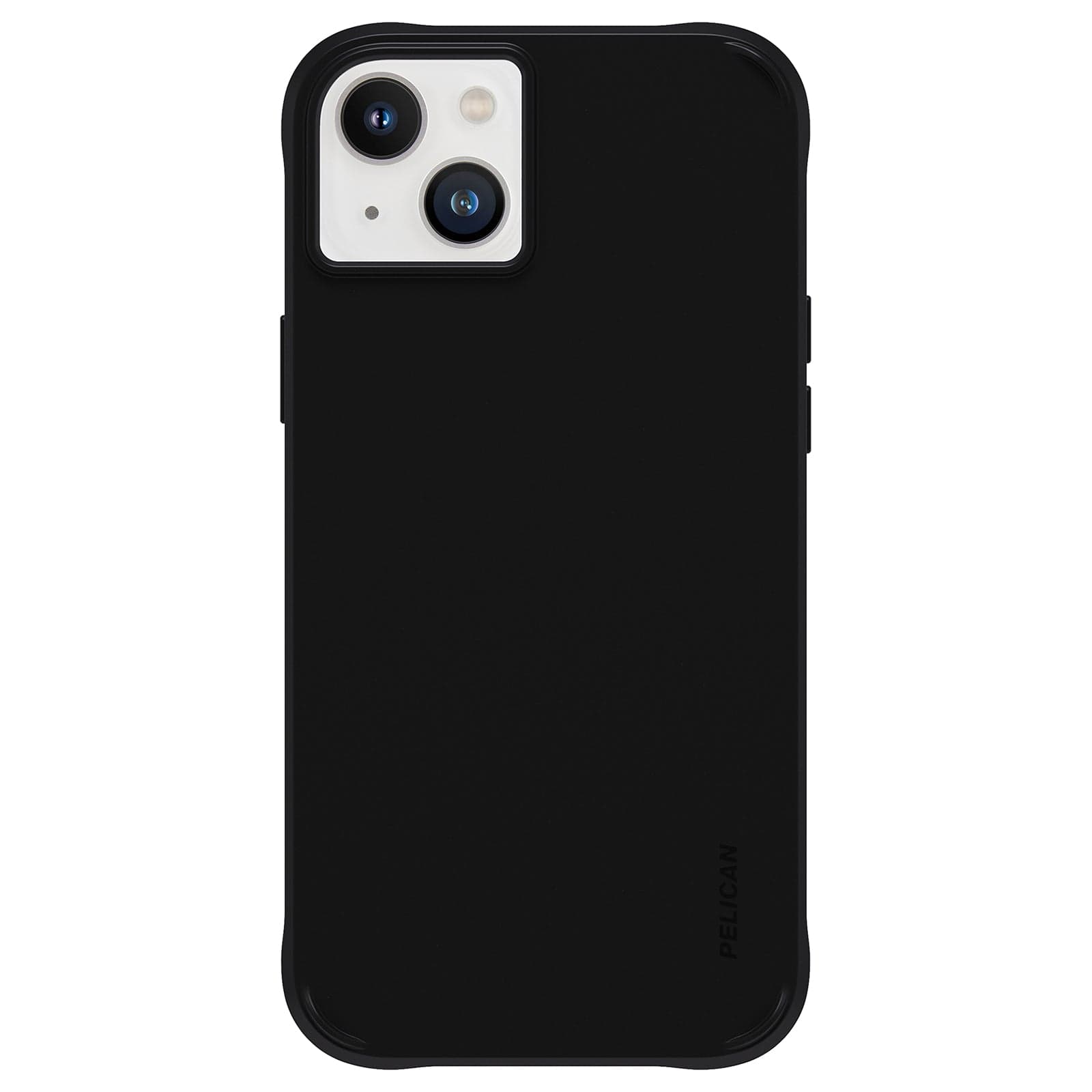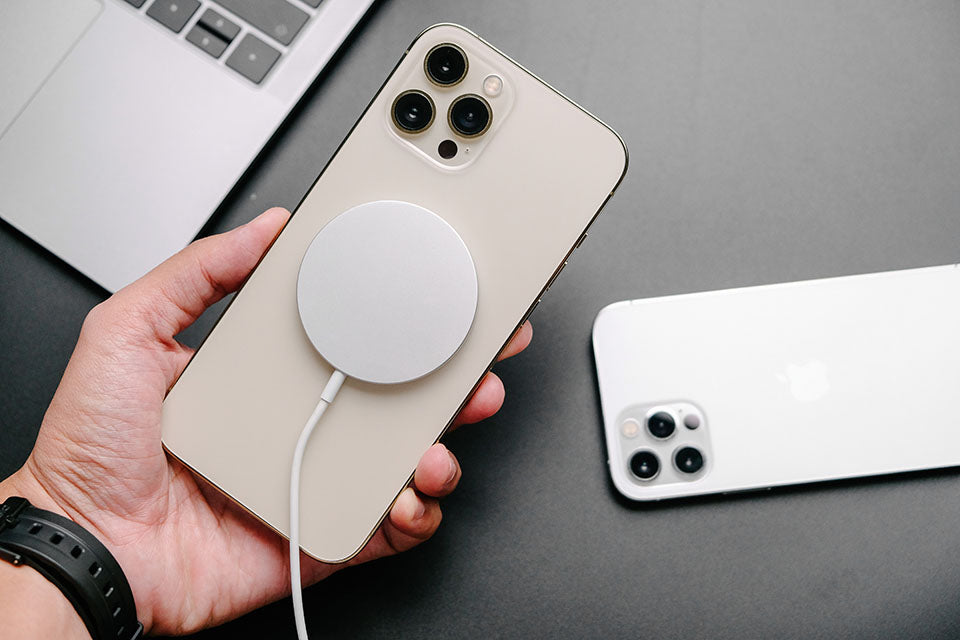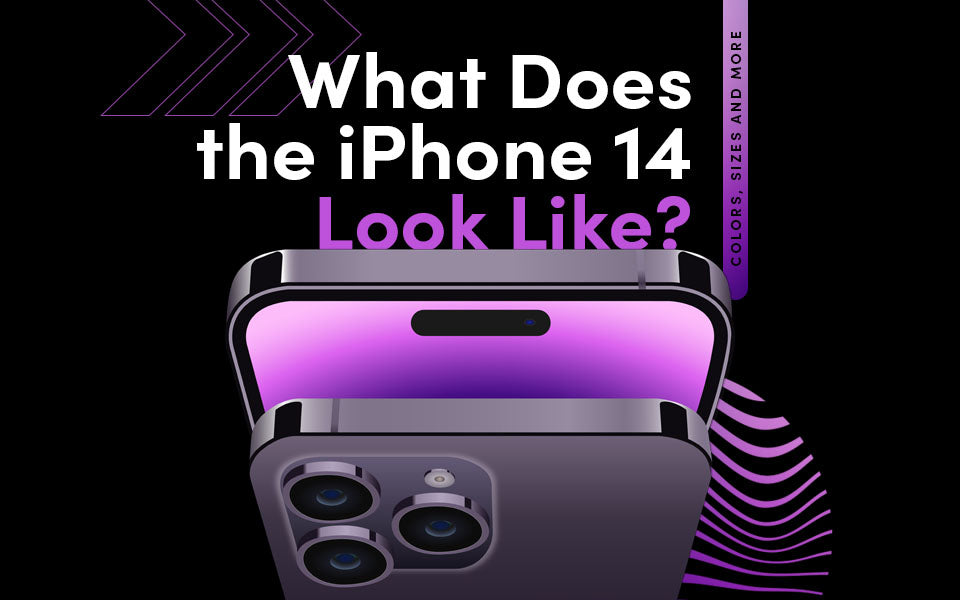Cart
Your cart is empty
Source: charnsitr/Shutterstock.com
As each new iPhone is released, fans of Apple’s line of mobile phones always have a ton of questions on their mind. On top of this list of concerns is which connector types will be compatible with the hardware. The iPhone 14 is no exception to this rule. Due to the European Union's newest regulation, all smartphones sold in Europe will need to abide by the USB-C standard popularized by Samsung and other Android manufacturers.
Although this mandate will not be legally enforced until 2024, many Apple aficionados are hoping their favorite phone company is handling the news proactively. So, the question remains: “Will the iPhone 14 have a USB-C connector?”
Is Apple Including a USB-C Connector With the iPhone 14?
The short answer to this question is no. Apple has opted not to switch away from its proprietary configurations just yet. The Silicon Valley giant has multiple reasons why they are not adapting speedily. However, since you will need to purchase a USB-C connector for your iPhone 14, you should also get an Airpods case and iPhone 14 case while you’re at it.
SHOP GREAT DEALS ON IPHONE 14 CASES
Source:charnsitr/Shutterstock.com
Reason 1: All That Money on the Table
Apple owes a substantial portion of its revenue to selling various accessories designed to work only with its brand of products. Phone cases, AirPods, AirPod cases, screen protectors and more all rake in mega bucks each year. Of course, Apple’s proprietary lightning cables get the biggest sales. While the accessories listed above are technically optional, the ability to charge the phone is not.
Reason 2: The Manufacturing Cycle Is a Long Process
This reason is based purely on the logistical realities of mass-producing items such as power cords, iPhone 14 Pro Max cases and the phones themselves.
Each product line is researched and prototyped several years in advance. It takes a long time to turn an idea into a tangible product. Once the design is finalized, factories still need to produce enough units to satisfy the heightened launch window demand. The iPhone 14 was in development long before the EU passed its regulations, so Apple had no reason to consider switching its charging solution back when development was underway.
Source:Kuznetsovedit/Shutterstock.com
Reason 3: Control
Apple is famous for keeping users locked into its proprietary ecosystem. The company argues that maintaining a close eye on the platform allows them to curate its service better than Android’s open model. While this is true to some degree, Apple simply does not want to give up any control until necessary. With the introduction of USB-C data transfer protocols, there is an opportunity for exploits and jailbreaks to be loaded into future iPhone systems.
Is Lightning Better Than USB-C for Charging?
It is worth comparing USB-C connectors with Apple’s Lightning solution to see which has more merit. At the end of the day, we just need our gadgets powered up as efficiently as possible. Compared to Apple's Lightning connector, USB-C connectors have three main advantages: faster charging, faster data transfer speeds and convenience.
A majority of your gadgets likely use USB-C already. Having additional cords ready to go is always a plus when your phone with an iPhone 14 Plus case needs a quick boost.
SHOP IPHONE 14 PLUS CASES
The Future's Looking Bright
Despite the iPhone 14 not having USB-C compatibility, the day Apple fans have long been waiting for will inevitably arrive soon. The tech firm will have to acquiesce to the EU’s mandate by 2024. Since Apple would never stop selling to such a sizable market, it is logical to anticipate that the next iPhones will be USB-C ready.














